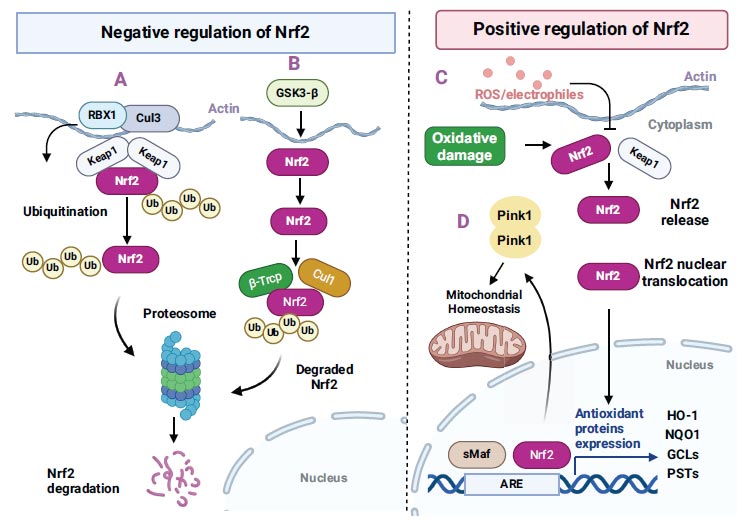The Open Neurology Journal is an open-access journal that publishes high quality research articles, reviews/mini-reviews, letters and guest-edited single-topic issues in all important areas of neurology and neurological disorders. The scope of the journal includes:
- Neurological progress
- Neurological and psychiatric therapies
- Stem cell applications
- Biomathematical models
- Neuroradiology
- Molecular neuroscience
- Neuropharmacology
- Neurochemistry
The Open Neurology Journal is an international, peer-reviewed, open-access journal covering all aspects of neurology published continuously by Bentham Open.




